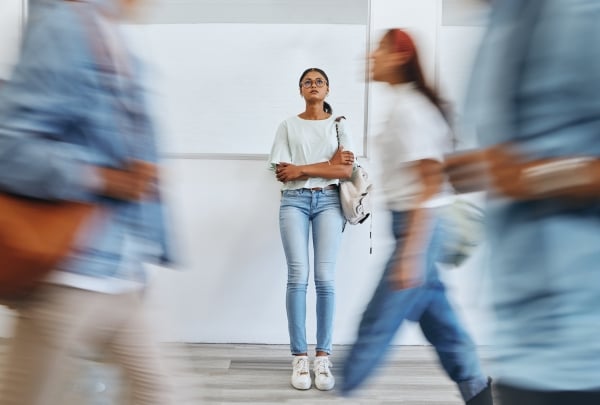Loneliness is a universal human emotion that everyone experiences at some point in their lives. It is a feeling of isolation and emptiness that can affect individuals of all ages, races, and backgrounds. In recent years, there has been a growing awareness of the impact of loneliness on mental and physical health, leading to a renewed focus on addressing this issue.
One of the key drivers of loneliness in today’s society is the increasing prevalence of social isolation. With the rise of technology and social media, people are more connected than ever before, yet many still feel lonely and disconnected from others. The constant bombardment of images of perfect lives and relationships on social media can heighten feelings of inadequacy and loneliness for those who feel they don’t measure up.
The COVID-19 pandemic has only exacerbated the issue of loneliness, as lockdowns and social distancing measures have limited in-person interactions and forced many people to rely on virtual communication. This has left many individuals feeling isolated and disconnected from their usual support systems, leading to a rise in mental health issues such as depression and anxiety.
The impact of loneliness on mental health is significant, with studies showing that chronic loneliness can lead to an increased risk of developing conditions such as depression, anxiety, and substance abuse. Loneliness has also been linked to physical health problems, including a weakened immune system, cardiovascular issues, and increased mortality rates.
Recognizing the importance of addressing loneliness, many organizations and governments have started to implement programs and initiatives to combat social isolation and promote connections between individuals. This includes initiatives such as befriending services, community outreach programs, and mental health support services that aim to reduce feelings of loneliness and provide individuals with a sense of belonging and connection.
As society continues to grapple with the effects of loneliness, it is essential for individuals to recognize the importance of reaching out for help and support when feeling isolated. Whether through connecting with friends and family, seeking out professional help, or engaging in community activities, there are numerous ways to combat feelings of loneliness and build meaningful connections with others.
In a world where technological advancements have made communication easier than ever, it is crucial to remember the importance of real, meaningful connections with others. By acknowledging and addressing the issue of loneliness, we can work towards creating a more connected and supportive society for all. So let’s keep all eyes on loneliness and work together to ensure that no one feels alone.



